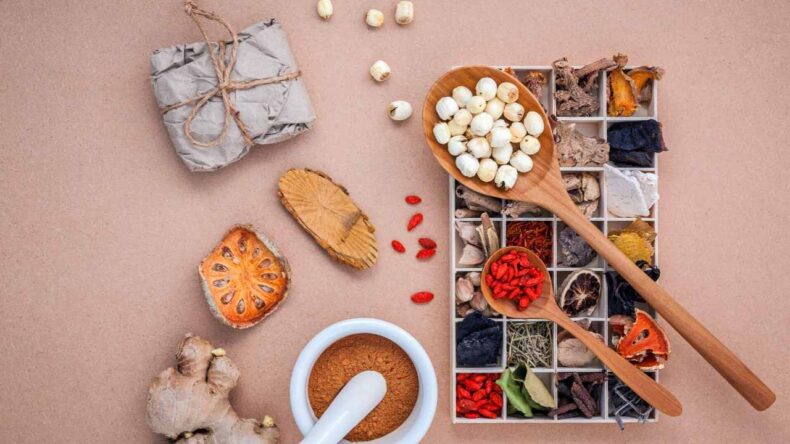If you have hypoglycemia, there are some natural treatments you can try. These include eating the right foods and taking vitamins. Some of these include Berberine and Allium sativum. Both of these are believed to help control blood glucose levels. Berberine has also been linked to a reduction in Glucagon levels. In addition, it can lower your risk of developing hypoglycemia.
Allium sativum
Studies have shown that the medicinal plant Allium sativum can treat hypoglycemia. The plant's sulfur-containing compounds are believed to be responsible for its hypoglycemic effect. It is also used in cooking.
Glucagon
When hypoglycemia strikes, it can be life-threatening. While many diabetics are able to treat the condition on their own, severe cases require the use of glucagon injections. This is why it's important to have a supply of glucagon on hand.
Berberine reduces blood glucose levels
Berberine has been studied for its potential as a natural treatment of hypoglycemia. Chinese researchers have shown that berberine increases the secretion of insulin in the pancreas and improves glucose metabolism in type 2 diabetic rats. It is also believed to have antioxidant and anti-lipid peroxidation properties.
Omega 3 fatty acids
Omega 3 fatty acids have several benefits, including lowering the risk of heart attack and diabetes, and improving blood sugar control. These benefits have been shown in several studies, including a large review of 83 randomized trials involving more than 120,000 participants.
Prickly pear cactus pads
The nopales (pads) of the prickly pear cactus are thought to help lower blood sugar levels. They are edible and can be eaten as a salad or supplemented with food. However, it is important to consult with a healthcare provider before taking this natural treatment.
——————————————————————————————————————————————-
This blog is a source of general information and discussion on health and related topics. Information and materials on this blog, on the website, or in any of the connected materials are not intended to replace or used as a substitute for the advice of a medical professional, diagnosis, or treatment. This blog does not represent the application of any nursing, medical or other health professional advice or diagnosis. We are unable to diagnose health conditions, offer second opinions or provide specific treatment recommendations via this blog or on our website.
If you or another person is suffering from a medical issue and you are concerned, consult your doctor or seek out other medical professional treatment as soon as possible. Do not disregard medical advice from a professional or delay seeking it due to information you seen on the blog or website or in any of the linked materials. If you're experiencing an emergency medical situation, dial 911 or seek emergency medical assistance on the closest phone immediately.
——————————————————————————————————————————————

